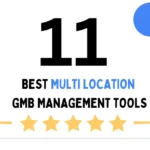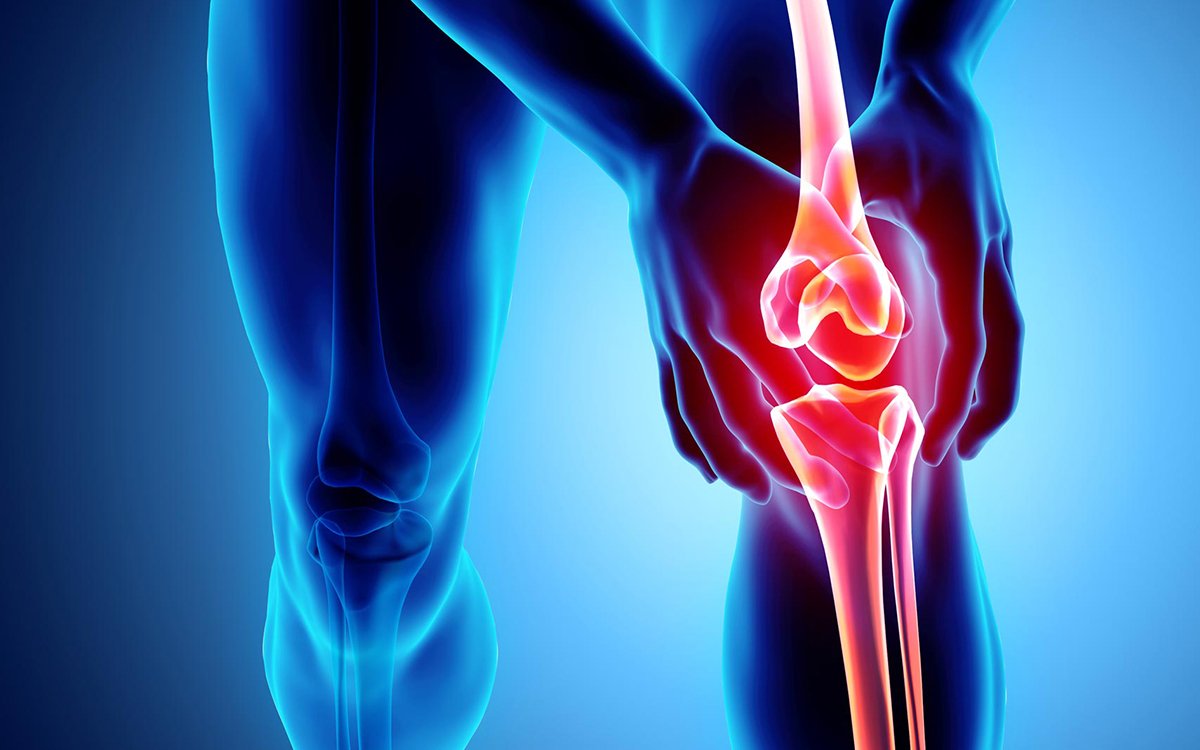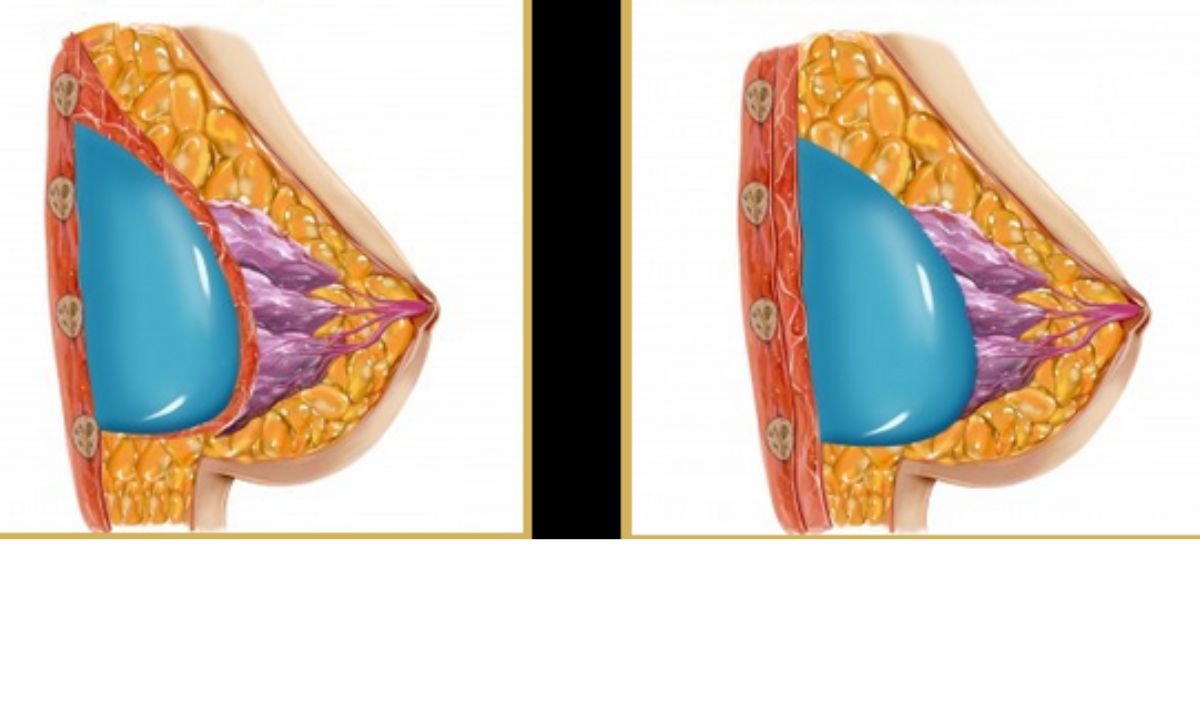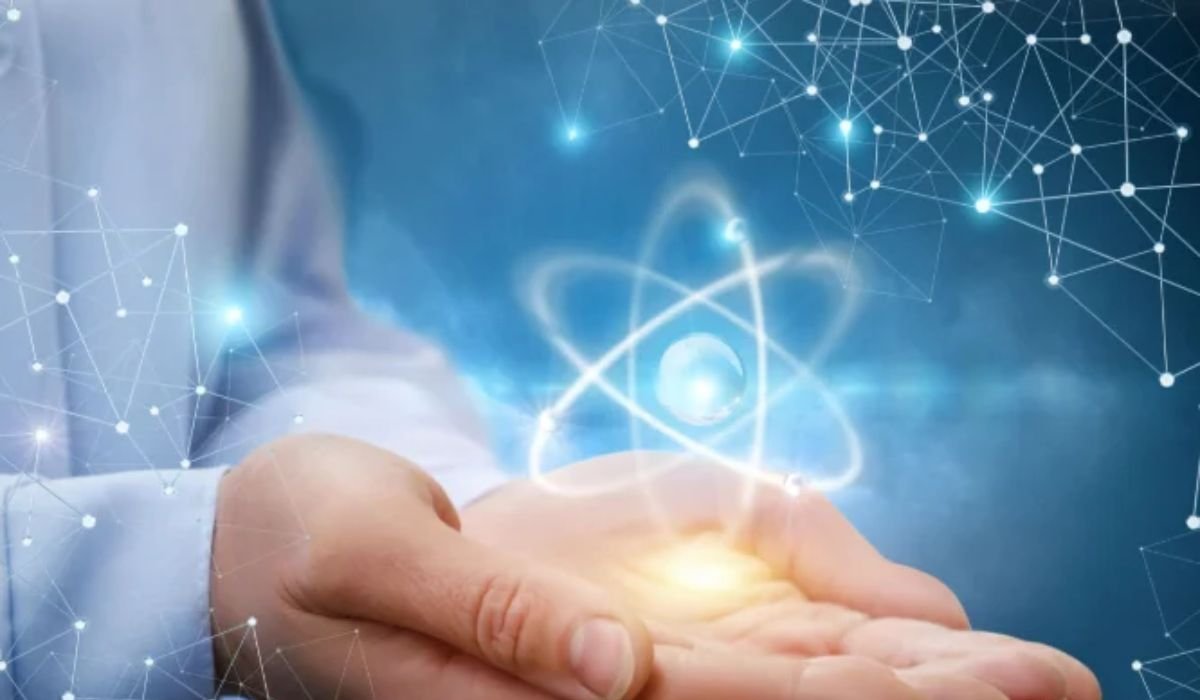At some point in your 20s or 30s, someone may casually ask, “So, when do you plan to settle down?” For many women, this simple question feels stressful, almost like a reminder of their biological clock.
But here is the truth: not every woman’s life journey follows the same timeline. Today, more women are prioritizing education, building fulfilling careers, traveling the world, or simply waiting for the right partner before starting a family. And while these choices empower women to live life on their own terms, they also bring up an important question: Will I be able to conceive when I am actually ready?
That is where egg freezing comes into the picture. It is no longer just an option for women in their late 30s or those already facing fertility challenges. Increasingly, females in their mid to late 20s and early 30s are choosing egg freezing as a way to take control of their reproductive future.
“Egg freezing gives women the confidence that their fertility will not be dictated by age or circumstances. It allows them to plan parenthood when they are emotionally, physically, and financially ready,” says Dr. Neha Shriya, the best fertility doctor in Gurgaon at Miracles Fertility & IVF Clinic.
Why Are More Women Considering Egg Freezing?
Egg freezing is not about choosing between a family and a career; it is about keeping your options open.
- Some women feel emotionally or financially unprepared for motherhood.
- Others may be dealing with health conditions such as endometriosis or a family history of early menopause.
- And many simply want the freedom to decide when the time feels right.
In short, egg freezing is about having control over one of the most important decisions in life: when and how to start a family.
If you are concerned about your reproductive health, it is best to consult a gynecologist close to you. A specialist can help you evaluate your condition, answer your questions, and guide you toward the right choices for your future.
Why 20s and Early 30s Are the Ideal Time For Egg Freezing?
- Age plays a massive role in fertility. The younger you are when you freeze your eggs, the higher the quality and quantity of eggs you will have.
- Eggs frozen in your late 25s to early 35 usually have the best chances of resulting in a healthy pregnancy later.
- Success rates tend to decline as females approach their late 30s and 40s.
- This makes egg freezing in your 20s and 30s a proactive option rather than a last-minute solution.
How Does Egg Freezing Work?
The thought of freezing your eggs might sound complicated, but the egg freezing procedure is actually straightforward and backed by years of medical research. The entire process typically takes about two to three weeks and involves the following steps:
- Ovarian Stimulation: Fertility medications stimulate your ovaries to produce multiple eggs instead of just one.
- Monitoring: Blood tests and ultrasounds help doctors track how your ovaries are responding.
- Egg Retrieval: When the eggs mature, they are gently extracted through a quick and minimally invasive procedure performed under anesthesia.
- Freezing: The mature eggs are then frozen using advanced techniques and safely stored in a lab for future use.
When you decide to conceive later, these eggs can be thawed, fertilized with sperm, and implanted as embryos via IVF (in vitro fertilization).
Is Egg Freezing Right for You?
Egg freezing is a deeply personal decision. There is no “one-size-fits-all” answer, but here are some circumstances where it might make sense:
- You want to focus on your career or personal goals before starting a family.
- You have not found the right partner yet, but don’t want to feel pressured by time.
- You have a family history of early menopause.
- You are undergoing medical treatments such as chemotherapy that may affect fertility.
- You simply want peace of mind about your future options.
Things to Consider Before Freezing Your Eggs
While egg freezing offers hope and flexibility, it is important to consider a few points:
- Costs: The procedure and storage can be expensive, so planning is important.
- No Absolute Assurance: Freezing eggs can improve the chance of pregnancy in the future, but it cannot promise a definite outcome.
- Medical guidance: It is best to consult an experienced fertility specialist near you who can guide you based on your age, health, and personal goals.
The Emotional Benefit of Egg Freezing
Beyond the medical advantages, egg freezing also offers something equally valuable, that is, peace of mind. Many females say the decision helps them feel more relaxed, confident, and in control of their lives. Instead of rushing into relationships or life decisions because of fertility concerns, they feel free to focus on living fully in the present.
Conclusion:
Egg freezing is not just a medical procedure; it is an opportunity. An opportunity to decide motherhood on your terms, without the constant stress of running out of time. Whether your reasons are personal, professional, or medical, the preference is about charge and freedom. If you are in your 20s or 30s and thinking whether egg freezing is right for you, the best step forward is to speak with a trusted infertility treatment doctor near you. Ask questions, weigh your options, and make the decision with confidence. Because at the end of the day, the most important thing is that the choice and the timeline belong to you.
You May Also Read: The Best Practices for Handling Food Allergies in Restaurants











